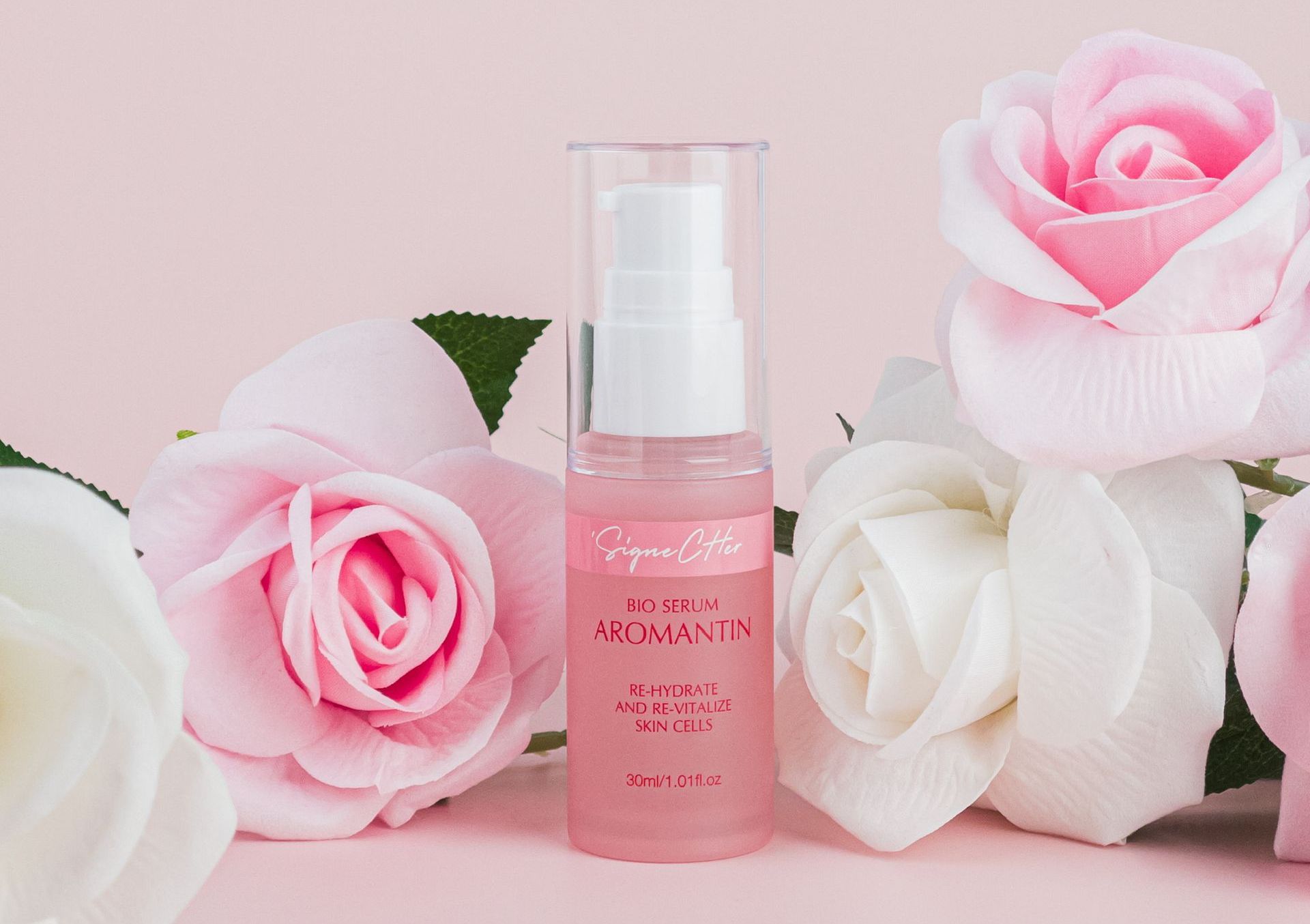We're looking to team up with partners from all around the globe. Interested? Drop us a line, we'd love to chat and fill you in on all the details!
Decoding Serums: The Science Behind Choosing the Perfect One for Your Skin Needs
Decoding Serums: The Science Behind Choosing the Perfect One for Your Skin Needs

Introduction:
Serums have become a staple in skincare routines worldwide, but understanding the science behind them can be overwhelming. In this guide, we'll unravel the mysteries of serums and help you choose the perfect one for your skin concerns. From hydration to anti-aging and beyond, discover how to decode serums for a personalized skincare regimen that delivers results.
Understanding the Science of Serums:
Serums are lightweight, highly concentrated skincare products designed to penetrate deep into the skin and deliver potent active ingredients. Their molecular structure allows for better absorption, making them effective for targeting specific skin concerns. By understanding how serums work, you can harness their power to achieve your skincare goals.
Identifying Your Skin Concerns:
Before choosing a serum, it's essential to identify your skin concerns. Whether you're dealing with dryness, dullness, acne, or signs of aging, there's a serum formulation that can help address your specific needs. Take note of your skin's condition and concerns to guide your selection process.
Choosing the Right Serum Ingredients:
When it comes to serums, the ingredients matter. Here are some key ingredients to look for based on your skin concerns:
Hyaluronic Acid for Hydration:
Ideal for dry or dehydrated skin, hyaluronic acid attracts and retains moisture, plumping the skin and reducing the appearance of fine lines and wrinkles.
Vitamin C for Brightening:
Perfect for dull or uneven skin tone, vitamin C is a potent antioxidant that brightens the complexion, fades dark spots, and protects against environmental damage.
Retinol for Anti-Aging:
Recommended for mature or aging skin, retinol stimulates collagen production, reduces the appearance of wrinkles, and improves skin texture and tone.
Niacinamide for Acne-Prone Skin:
Great for oily or acne-prone skin, niacinamide regulates oil production, reduces inflammation, and minimizes the appearance of pores and blemishes.
Peptides for Firming:
Ideal for sagging or loss of firmness, peptides are amino acids that promote collagen and elastin production, resulting in firmer, more youthful-looking skin.
Selecting the Right Serum Formulations:
In addition to ingredients, consider the formulation of the serum. Choose lightweight, non-comedogenic formulas for oily or acne-prone skin, and richer formulations for dry or mature skin. Pay attention to product labels and opt for serums that are free of irritants and allergens.
Incorporating Serums Into Your Skincare Routine:
To incorporate serums into your skincare routine, start with clean, toned skin. Apply a small amount of serum to your face and neck, gently massaging it into the skin until fully absorbed. Follow with a moisturizer and sunscreen during the day for added protection.
Conclusion:
Choosing the right serum for your skin concerns doesn't have to be complicated. By understanding the science behind serums and selecting the appropriate ingredients and formulations, you can create a personalized skincare regimen that targets your specific needs. Unlock the power of serums and achieve healthy, radiant skin that you'll love to show off.



